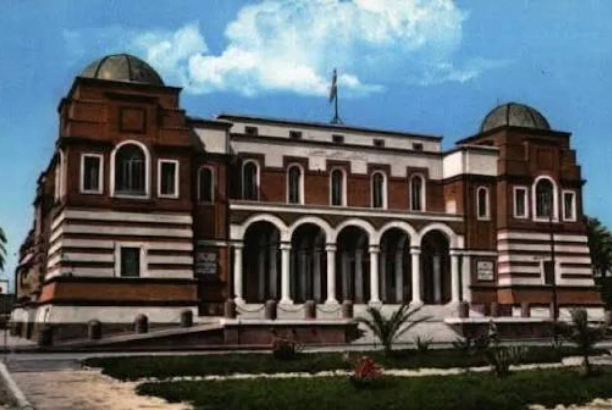
| News
Exclusive: Abu Sriwil: “Removing Subsidies Is Currently More of an Attempt to Prevent Economic Collapse”
The international trade expert Yassin Abu Sriwil stated in an interview with our source that lifting subsidies in Libya is being presented as an option to address several economic challenges. However, under current circumstances, it appears to be more of an attempt to prevent economic collapse rather than a strategic decision based on a clear vision.
He added that the primary reasons cited for lifting subsidies include:
Budget Deficit:
Subsidies represent a significant financial burden on the state, with a large portion of revenues allocated to subsidizing essential goods and energy. This reduces the government’s ability to fund other developmental projects or improve public services. Subsidies in Libya indirectly benefit smugglers and certain parties who exploit price differences to smuggle fuel and imported goods to neighboring countries.
He also stated that lifting subsidies is seen as a measure to curb this financial drain:
- Economic Infrastructure Collapse:
Continuing subsidies depletes financial reserves and increases reliance solely on oil revenues, making the economy more vulnerable to fluctuations in oil prices. - International Recommendations:
Some international organizations, such as the World Bank and the International Monetary Fund, recommend rationalizing or removing subsidies as part of economic reforms to address distortions in the Libyan economy.
Why Does the Decision Face Significant Challenges?
- Lack of Trust in the Government:
Citizens do not trust that removing subsidies will be met with actual compensation or improvements in living conditions due to corruption and weak institutions. - Absence of an Effective Compensation System:
Despite discussions about compensating citizens through cash transfers or direct support, there is no reliable infrastructure or administrative system to ensure fair implementation. - Deteriorating Security and Political Situation:
Political divisions and conflicts make any economic reform a significant challenge. - Social Repercussions:
Removing subsidies without clear alternatives could lead to a significant increase in prices, exacerbating the suffering of citizens, especially amidst widespread poverty and high unemployment rates.
He concluded by stating that lifting subsidies in Libya is not an easily implementable option at the moment. It is being proposed as a necessary step to avoid economic collapse. However, without comprehensive reform of the political and economic system, such a measure could result in even greater negative impacts on citizens.





